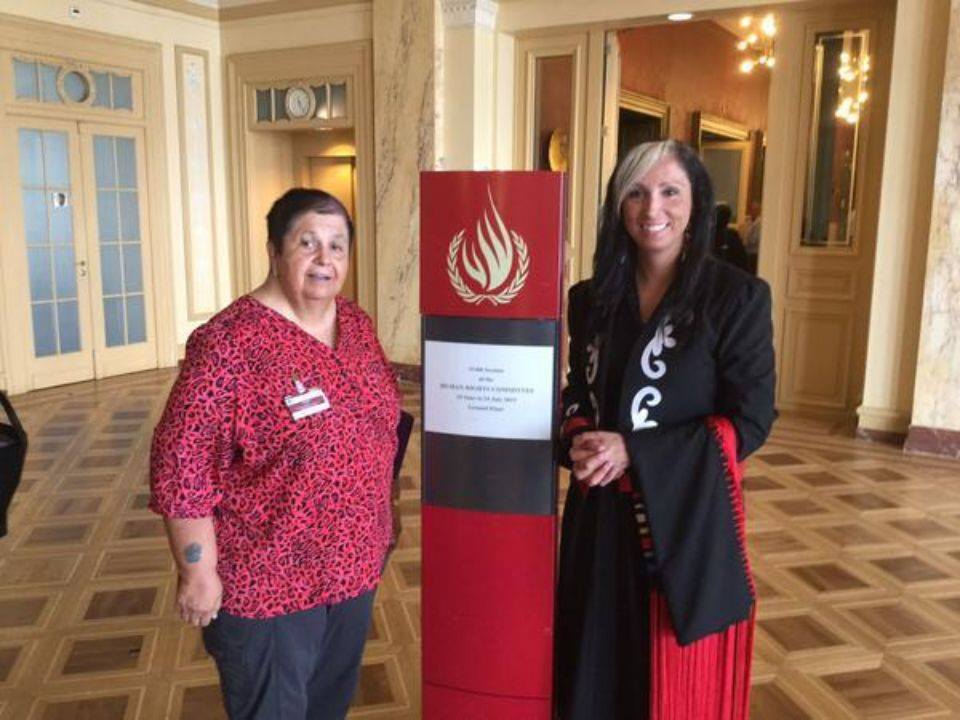*Originally published in Lawyer’s Daily on October 10, 2017 There is a long list of items that U.S. President Donald Trump has put on his “to kill” list, including Obamacare, Planned Parenthood, the Department of Education, immigration and most recently, NAFTA. Trump called the North American Free Trade Agreement the “worst trade deal ever made”…
Continue reading…about NAFTA 2.0 – Time to Get it Right or Kill It
